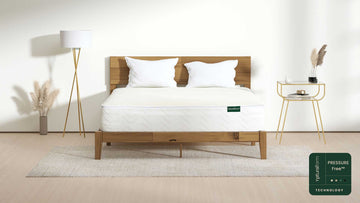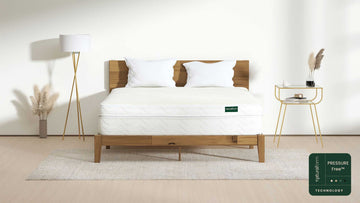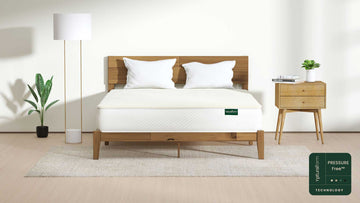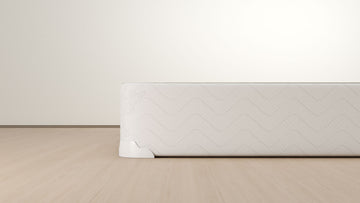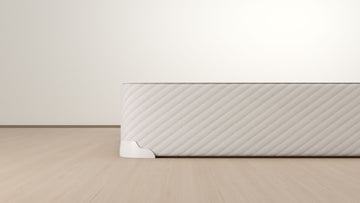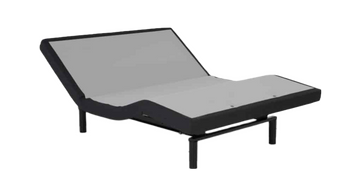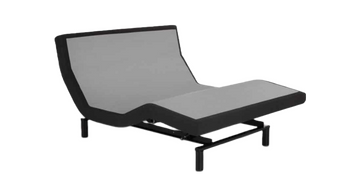About Degenerative Disc Disease
Your body changes as you age and this is particularly true for your back. When you’re young and healthy, your body is more adaptive, and the discs between the 33 vertebrae in your back allows it to bend and twist. With these discs, your back stays flexible but is strong enough to resist force.
However, as you age this changes and while it’s a natural process, it can be incredibly painful with many individuals experiencing some form of degenerative disc disease. The discs in your back shrink and don’t provide the same level of support. Most people will see some sign of this as they get old with magnetic resonance imaging providing clear evidence that everyone over 60 experiences some form of disc degeneration. Thankfully, not everyone will experience back pain as a cause of this. However, some will experience tingling and numbing sensations in legs and arms. While others will discover the facet joints in the vertebrae rubbing against each other causes the symptoms of osteoarthritis.
Many people may find that this issue with their back causes problems with leg muscles. This is due to the damaged discs impacting nerve cells around the spine which causes legs to feel incredibly weak.
There are many different treatment options for degenerative disc disease. This includes everything from physical therapy to different anti-inflammatory medications, shots for steroids and even surgery.
However, many experts agree that changes in lifestyle can also provide fantastic benefits. Are you experiencing any signs of symptoms of degenerative disc disease at night? If so, you might want to consider investing in a new bed or mattress.
Why can't you get a good night's sleep?
You’re not alone if you experience issues sleeping. Millions of people across the world struggle to get a full night of rest, and this is often due to the symptoms of degenerative disc disease or similar conditions such as arthritis of the spine, spinal stenosis, herniated discs, and sciatica. Why does this stop you from sleeping?
When you are asleep your body will typically stop moving as much. Unfortunately, this puts more pressure on the body and crucial areas like the neck or back. That means conditions like degenerative disc disease often get worse. We spend roughly thirty percent of the day in bed, so it’s important that your spine is taken care of with the right alignment. This will help if you are suffering from degenerative disc disease symptoms while you are in bed or if you wake up in pain.
Getting a good night's sleep with Degenerative Disc Disease
Degenerative disc disease can cause a range of unpleasant symptoms from tingling or numbness to weakness in the muscles and even pain. As well as impacting typical activities in your daily lifestyle it can stop you getting a good night of sleep.
To fix this issue, you need to provide exactly what your back needs, reducing levels of pressure on the nerves in the back and particularly, around the spin. While some researchers have suggested sleeping in reclining chairs, these won’t provide the personal level of individual care that you might need. Wedging pillows underneath you is another option, but that causes a severe lack of choices when determining what position you want to sleep in. Instead, an adjustable bed will typically be the best option as it can provide the ultimate level of support and allow you to sleep in a range of different positions.
